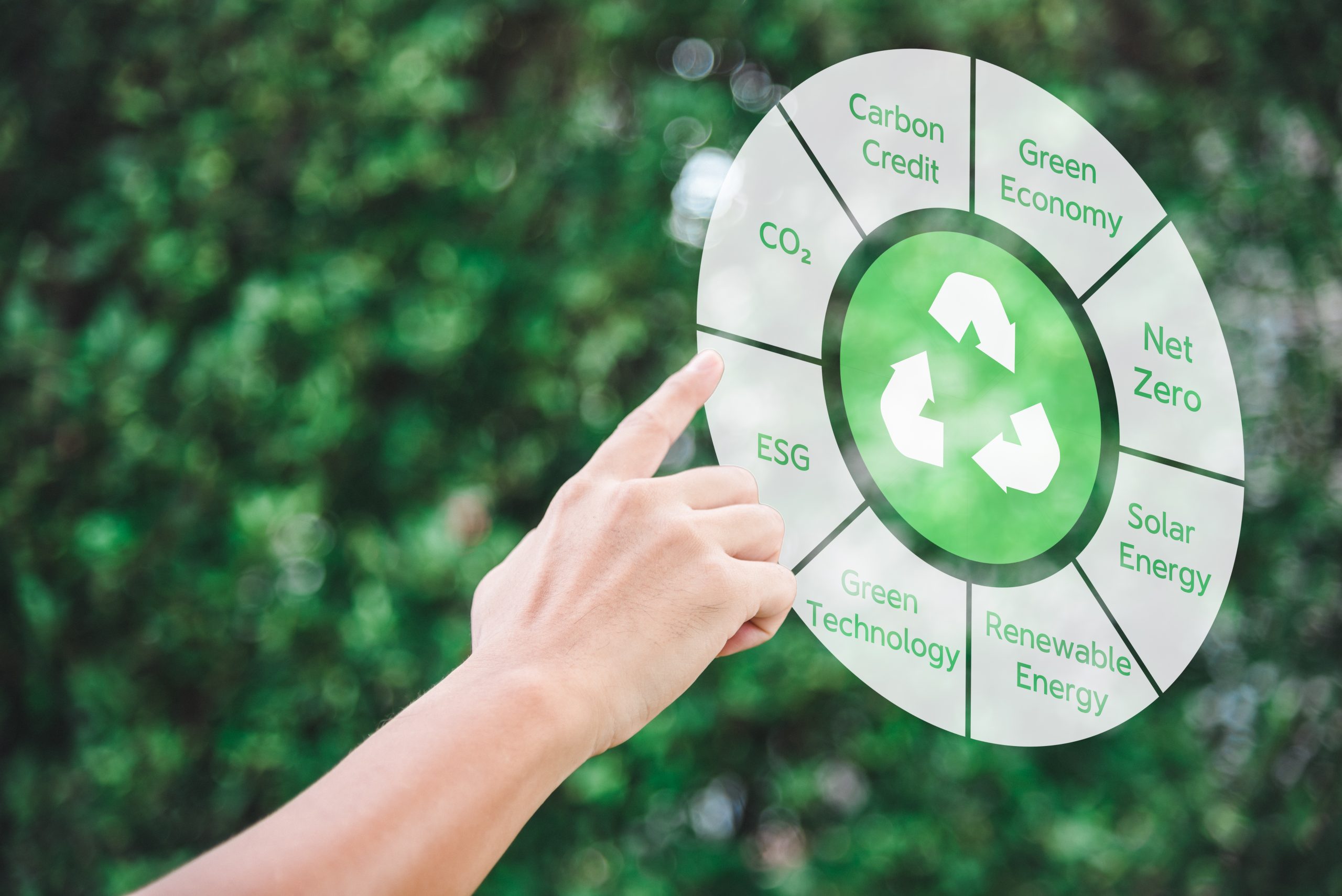Scotland’s iconic Red deer threatened by invasive ‘super Sika’ – The Applied Ecologist
Calum Brown and his team share their findings on managing native and non-native deer species in Scotland and discuss potential solutions. Scotland’s deer numbers are thought to be at an all-time high. Although estimates vary, something like a million deer currently roam the land, around double the numbers present in 1990. This growing population has […]
Continue Reading

